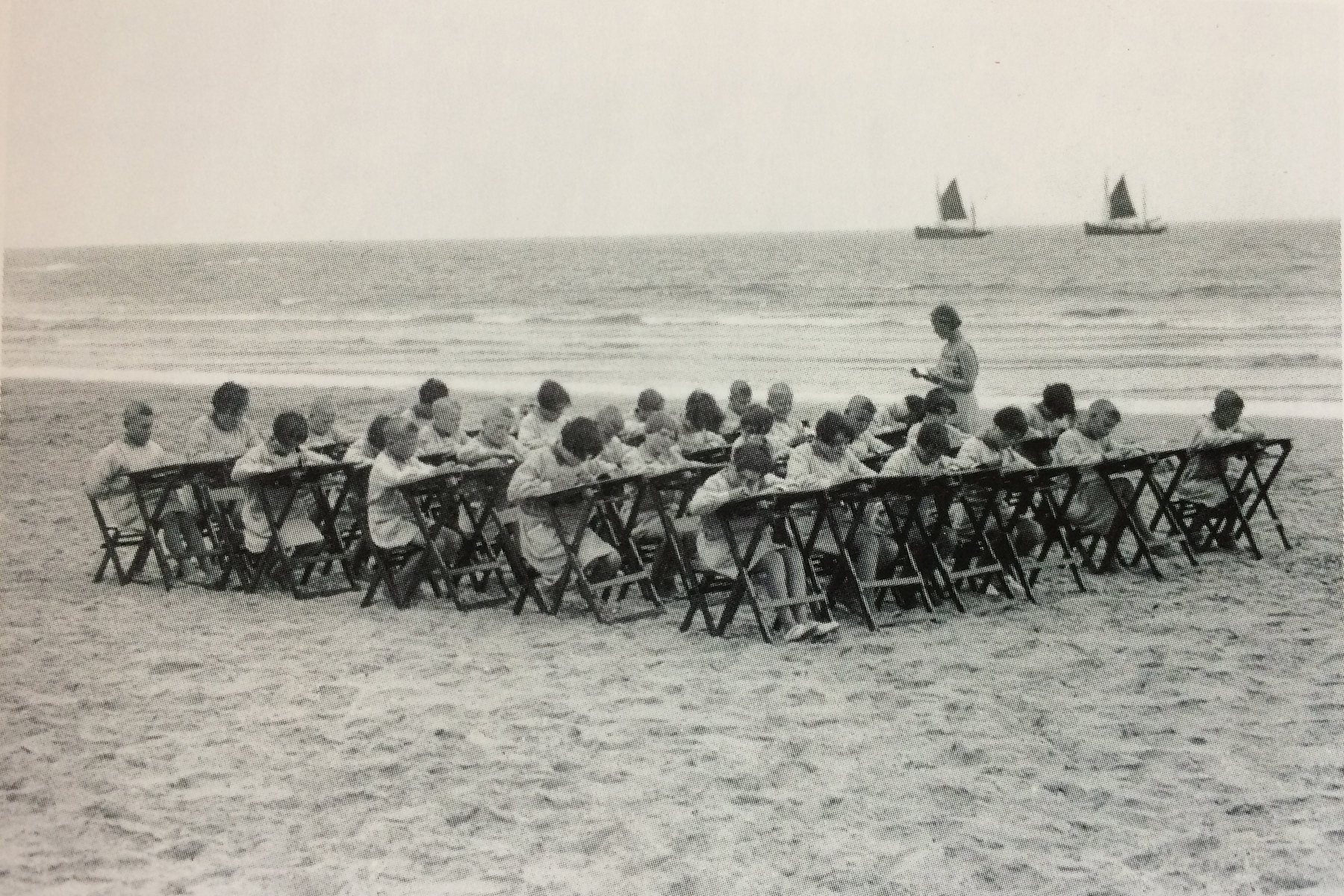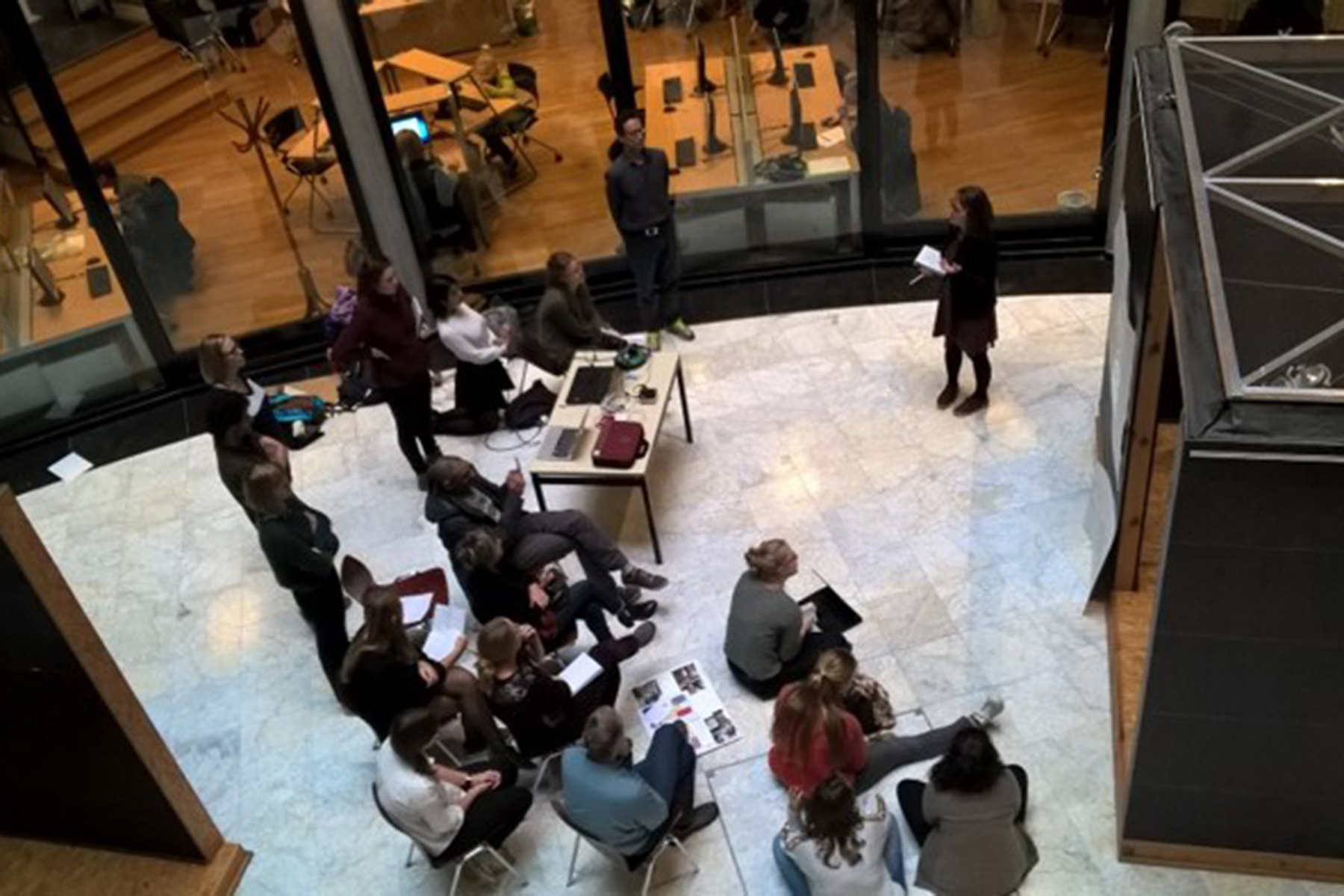 We learned that ‘res’ refers to ‘thing’, but ‘thing’ in the sense of what is of common concern, hence it could be called a cause, a cause to which we feel obliged. In this book, pedagogy and the pedagogical are our concern, it is weaved through all parts, which we will call simply ‘pages’. The pages offer mostly text sometimes some images. The text consists largely of articles, chapters, essays, papers that were written at different occasions, some on demand. They contain for sure overlap (in all meanings) since we take up some ideas again and again in order to further elaborate them, add on them, make them more precise, differentiated, interwoven, while at the same moment trying to maintain an openness to the present and to find a way to take care of the present. Our concern with the pedagogical is not about producing knowledge and claiming disciplinary (or any other) identity, but about articulating thoughts and conceptual in(ter)ventions. Our concern is the issue that is referred to under the names pedagogy and pedagogical, an issue which has to do with designing timespace dedicated to inhabit the world and co-habit in it, with it, through it. Co-habit with newcomers, but also with remnants.
We learned that ‘res’ refers to ‘thing’, but ‘thing’ in the sense of what is of common concern, hence it could be called a cause, a cause to which we feel obliged. In this book, pedagogy and the pedagogical are our concern, it is weaved through all parts, which we will call simply ‘pages’. The pages offer mostly text sometimes some images. The text consists largely of articles, chapters, essays, papers that were written at different occasions, some on demand. They contain for sure overlap (in all meanings) since we take up some ideas again and again in order to further elaborate them, add on them, make them more precise, differentiated, interwoven, while at the same moment trying to maintain an openness to the present and to find a way to take care of the present. Our concern with the pedagogical is not about producing knowledge and claiming disciplinary (or any other) identity, but about articulating thoughts and conceptual in(ter)ventions. Our concern is the issue that is referred to under the names pedagogy and pedagogical, an issue which has to do with designing timespace dedicated to inhabit the world and co-habit in it, with it, through it. Co-habit with newcomers, but also with remnants.
 This "book" is build and will further be build up with published and spoken texts. Not only to make them easily accessible, but also to relate them to each other. The texts have often been published in very diverse contexts and in different languages. Bringing them together in one book perhaps makes them work in new ways. Together we think of them as undefined work, and it makes this book a virtual book.
This "book" is build and will further be build up with published and spoken texts. Not only to make them easily accessible, but also to relate them to each other. The texts have often been published in very diverse contexts and in different languages. Bringing them together in one book perhaps makes them work in new ways. Together we think of them as undefined work, and it makes this book a virtual book.
